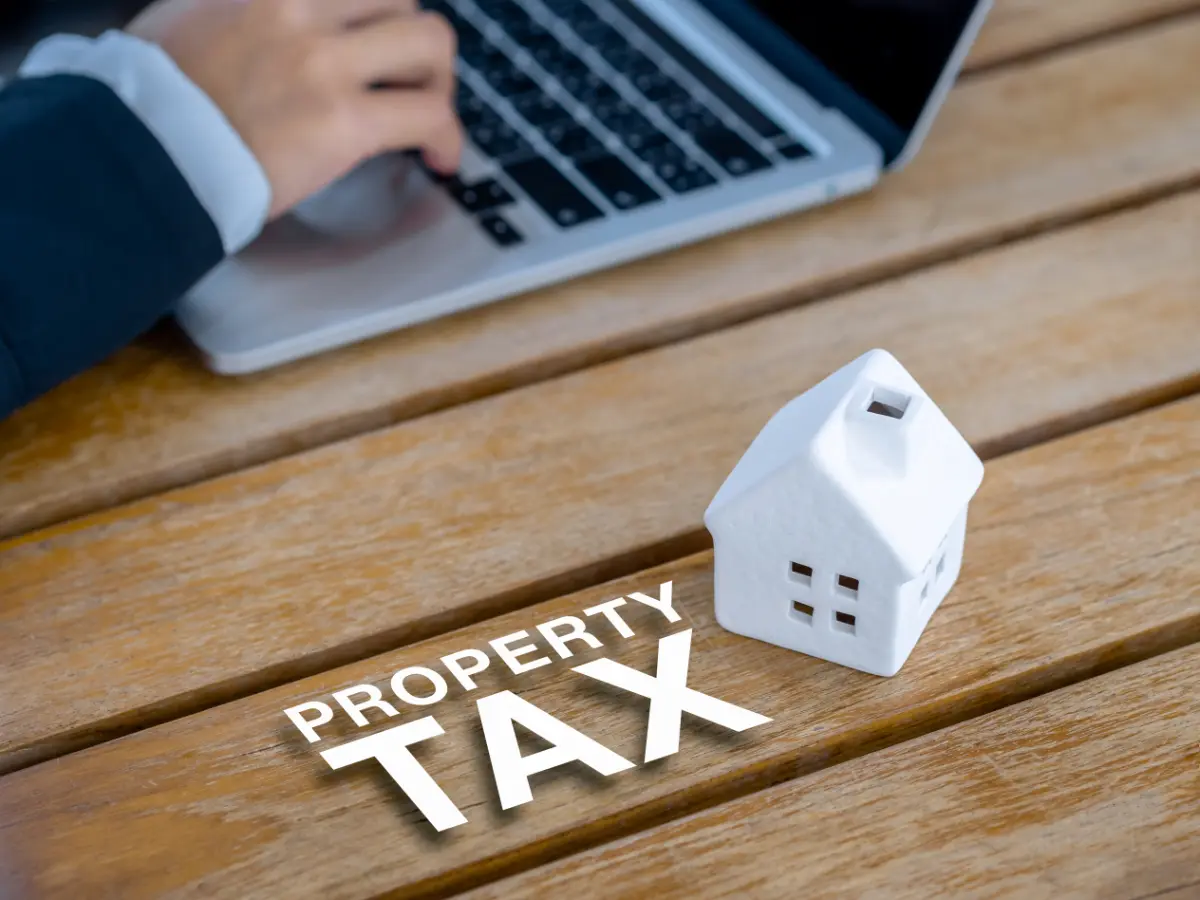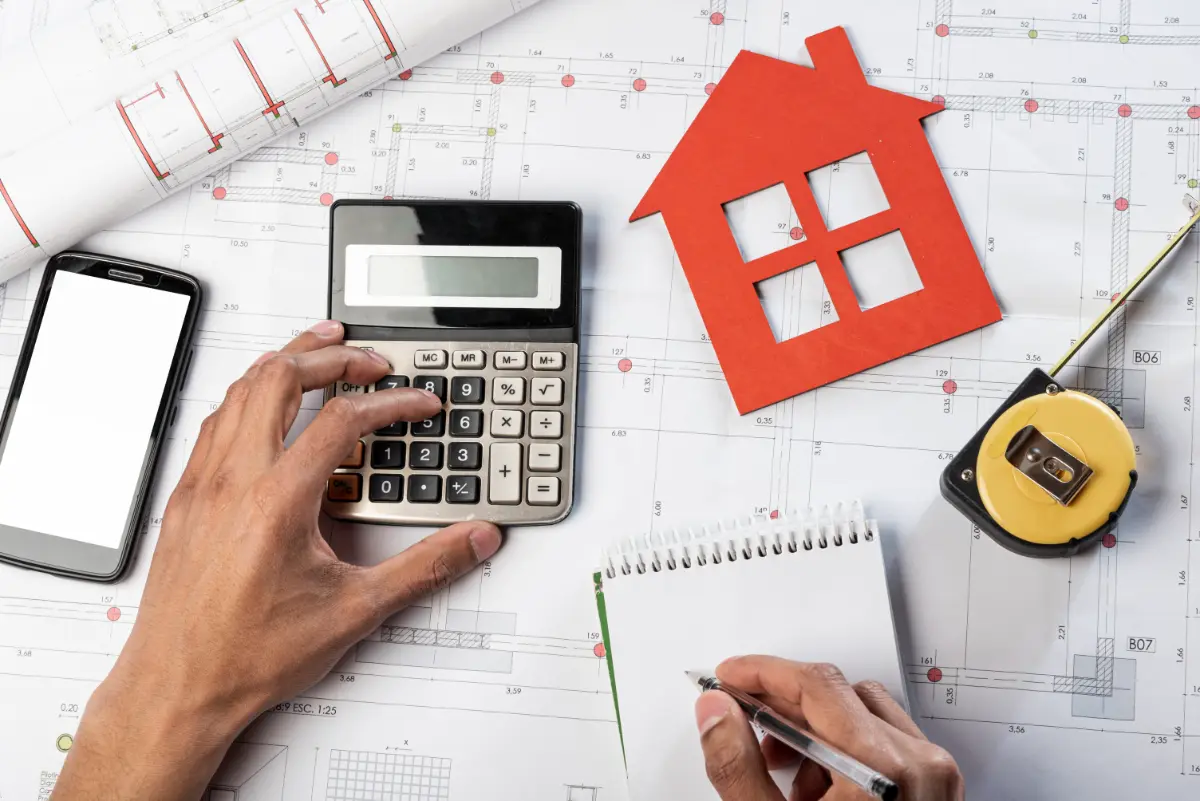Understanding Property Tax: A Complete Guide for Homeowners and Buyers
14, July 2025

Property tax is one of the most essential yet often overlooked components of owning real estate. Whether you are a homeowner, property investor, or first-time buyer, understanding property tax can save you from unexpected costs, legal hassles, and even financial loss.
What is Property Tax?
Property tax is a tax levied by local municipal authorities on real estate owners. This tax is based on the value of the property, including land and structures (like houses, buildings, apartments, etc.).
The revenue from property tax is used to fund essential public services like:
- Road maintenance
- Sanitation
- Water supply
- Street lighting
- Local law enforcement
- Parks and recreational services
How is Property Tax Calculated?
The property tax calculation varies from state to state and city to city in India, but it typically includes the following factors:
- Annual Value of Property (AVP)- This is the estimated yearly rental value of the property, not necessarily what it actually earns in rent.
- Location and Zone - Properties in prime zones or commercial areas often have higher tax rates.
- Type and Usage - Residential, commercial, and industrial properties have different tax slabs.
- Age and Size of Property - Older properties or smaller units may get rebates or lower taxes.
- Occupancy Status - Self-occupied homes may attract different rates than rented or vacant properties.

Common Methods Used for Property Tax Calculation:
- Unit Area Value System (UAV) - Based on per-unit area (per sq. ft or sq. m) of property multiplied by pre-defined rates set by local authorities.
- Capital Value System (CVS) - Based on the market value of the property.
- Annual Rental Value System (ARV) - Based on the potential annual rental income.
Example:
If you own a 1500 sq. ft residential property in Delhi under the Unit Area Value system, your tax could be: Tax = Unit Area Rate x Property Area x Age Factor x Usage Factor x Location Factor
Property Tax in Major Indian Cities
Each city or state has its own property tax rules and portals:
- Delhi – Managed by MCD (Municipal Corporation of Delhi)
- Mumbai – Under BMC (Brihanmumbai Municipal Corporation)
- Bangalore – BBMP (Bruhat Bengaluru Mahanagara Palike)
- Chennai – GCC (Greater Chennai Corporation)
- Gurgaon – MCG (Municipal Corporation of Gurugram)
Most of these cities now offer online property tax payment portals, making it easier to pay and download receipts.
ProTip: Always check your local municipal body’s official website for up-to-date property tax rates and payment links.
Why is Property Tax Important to pay?
Failing to pay your property tax can result in:
- Penalties or fines
- Legal action or property seizure
- Loss of eligibility for municipal services
- Difficulty in property resale or transfer
On the flip side, Timely payment of property tax:
- Keeps your ownership documents clean
- Adds credibility during resale
- Ensures better local infrastructure
ProTip: Keep digital and physical copies of all property tax receipts as proof.
When and How to Pay Property Tax?
In most Indian cities, property tax is paid annually or in two half-yearly instalments. Taxpayers usually get a rebate for paying early or online.
How to Pay Property Tax Online:
- Visit your local municipal website (e.g., For Delhi visit www.mcdonline.nic.in )
- Enter property ID or zone details
- Verify tax amount
- Pay using net banking, UPI, or card
- Download the receipt
ProTip: Set calendar reminders to avoid late fees.
How to Save Money on Property Tax?
While property tax is unavoidable, you can reduce it legally through:
- Early Payment Rebates - Municipalities often offer 5–15% discount for early payments.
- Senior Citizen Discounts - Many states provide rebates to senior citizens or widows.
- Property Use-Based Deductions - If a portion of your home is used for business or charitable work, you may be eligible for concessions.
- Appealing Tax Assessments - If you think your tax is wrongly calculated, you can appeal and get it reassessed.
Common Mistakes to Avoid:
- Ignoring the Property ID - Always use the correct property identification number to avoid errors.
- Missing Payment Deadlines - Late payments attract interest and penalties.
- Not Updating Ownership Details - If you have bought a property, update your name in the municipal records.
- Underestimating the Tax Liability Before Buying Property - Always check the outstanding property tax dues before purchasing.
Final Thoughts:
Understanding and managing property tax is a crucial part of being a responsible homeowner. It not only ensures your property remains legally compliant but also supports the development of your local community. With online tools and growing municipal digitization, paying and tracking your property tax has never been easier. So do not wait for the due date—check your property details, calculate your tax, and pay on time!
